A compressor is a device used to compress air or other gases to pressures higher than atmospheric pressure. It compresses the air taken from the atmosphere and increases its pressure.
An air compressor is a specific type of gas compressor. There are 4 types to chose from, depending on which is right for your project.
Air compressors are some of the most necessary appliances found at construction sites. They can be used as a power source for electric tools. There are many different types of air compressors, each with its own unique capabilities and drawbacks.
Air compressors are categorized as either positive displacement or dynamic displacement, based on their internal mechanisms. The four most common types of air compressors are:
- Rotary Screw Compressors
- Reciprocating Air Compressors
- Axial Compressors
- Centrifugal Compressors
To help you make an informed decision for your project, we’ll cover the key features of each type and explain how each one works below:
- Positive Displacement Compressors
These compressors encompass a variety of different air compressors that generate power via air displacement. Air compressors in this category work with different internal mechanisms, but the principle for each is the same. A cavity inside the machine stores the air brought from outside, then slowly compresses the cavity to increase the air pressure and potential energy.
How Do I Choose the Right Type of Air Compressor?
In addition to the power-generating mechanisms and energy output levels discussed above, there are several other factors to consider when choosing the air compressor that is best for your job.
- Consider Air Quality
In clean manufacturing environments, using oil-powered air compressors can create a problem. Most air compressors rely on oil to lubricate the inside mechanisms, and the fumes may contaminate the air, resulting in damage to products or manufacturing processes. With an oil-free air compressor, this risk is greatly reduced.
Though oil-free compressors are generally more expensive, they are the only option for facilities that guarantee clean manufacturing. Oil may still be necessary to lubricate the machine, but the inner workings of oil-free compressors contain a different sealing mechanism to ensure that no oil gets into the actual compressor.

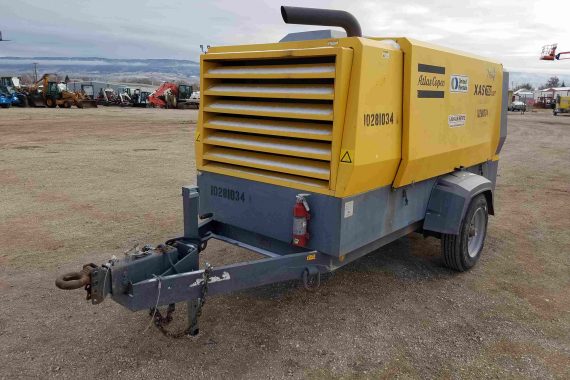
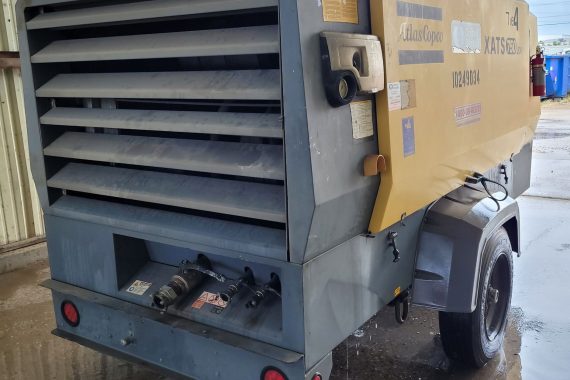
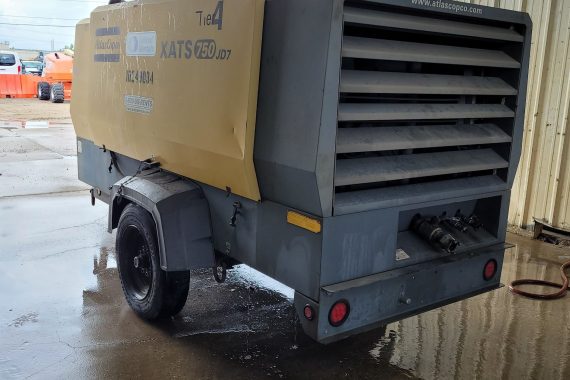
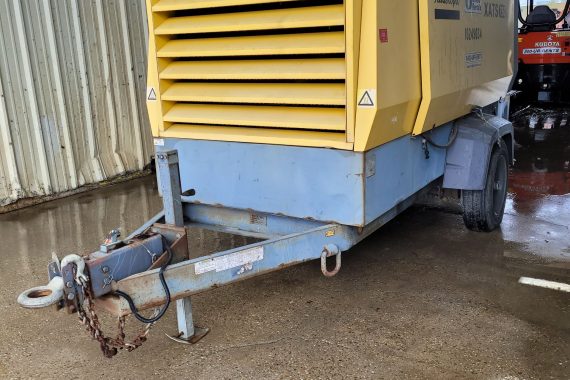
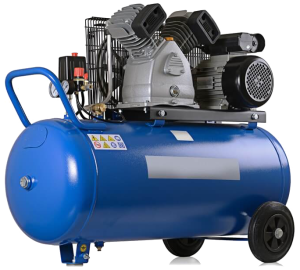 In addition to clean air, oil-free compressors often have lower running costs, as parts do not need to be changed as frequently.
In addition to clean air, oil-free compressors often have lower running costs, as parts do not need to be changed as frequently.